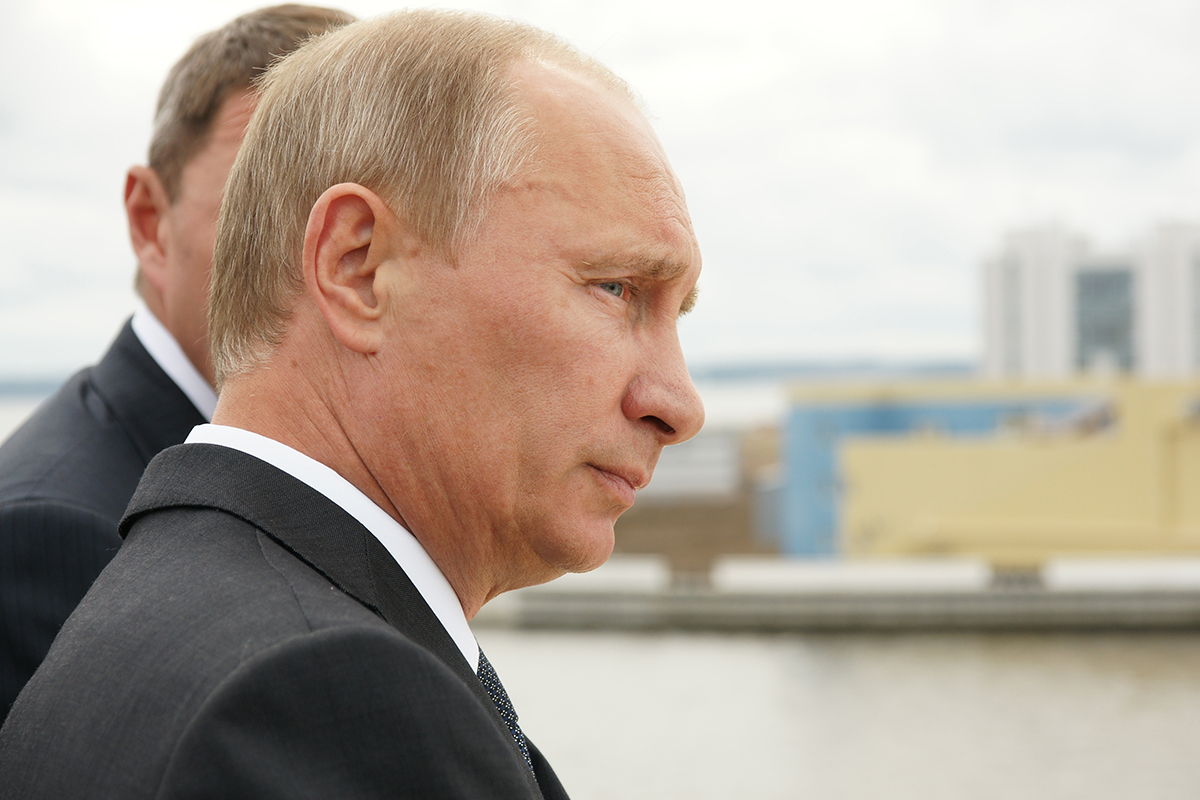Dialogue with Vladimir Putin seems futile when it comes to encouraging Bashar al-Assad’s exit. However, escalating economic penalties against Russia might make a difference.
It’s apt to begin discussions on the Syrian crisis with Russia’s involvement. Syria, under the control of an oppressive leader, has not hesitated to harm its own citizens through heinous means like poison gas and barrel bombs.
Russia’s insistence on Assad’s government’s legitimacy and its support to strengthen this ruthless regime – under the pretext of combating ISIS but largely for its regional strategic gain – is problematic. The recent sarin gas attacks orchestrated by Assad’s forces, occurring at a base where Russian troops were stationed, cast doubt on Russia’s ignorance of such events. The U.S. administration has emphasized the urgency for Russia to act against the Assad regime, a notion that Russia seems to resist.
Russia’s recent veto at the United Nations Security Council only extends its commitment to an international investigation without taking substantive action.
The irony isn’t lost: The West, especially the United States, must negotiate with Russia for peace in Syria, even when Russia historically hasn’t been conducive to Washington’s objectives. This predicament arose from the West’s passive stance, letting Putin, who shares many authoritarian traits with Assad, seize control in Syria.
It’s essential to recognize that Russia’s primary interest in Syria isn’t territorial or military. Russia seeks international validation, aiming to position itself as indispensable in resolving Middle Eastern conflicts. By perpetuating instability and then presenting itself as part of the solution, Russia asserts its influence. This strategy isn’t new – just look at regions like Abkhazia, Transnistria, Ngorno-Karabakh, Georgia, and lately, eastern Ukraine.
Considering the evident divergence between Washington’s and Moscow’s viewpoints on Syria, the U.S. must adopt a language Putin respects: power and the certainty of repercussions. Economic sanctions, though already in place, might be the way to persuade the Kremlin.
The effectiveness of these sanctions, initiated by Western democracies in response to Russia’s annexation of Crimea and its interference in eastern Ukraine, has been felt in the Russian economy, contrary to Putin’s acknowledgment.
The longevity of these sanctions has exceeded many expectations, and it’s evident that the Kremlin is eager to have them lifted, possibly in return for assistance in Syria. However, the U.S. must assert that Russia’s negligence or complicity in Syria, particularly regarding chemical weapon usage by Assad, warrants intensified sanctions.
To avoid fruitless debates on the origins of chemical attacks, the U.S. must clarify that sanctions aren’t solely about these attacks. The wider atrocities that Russia indirectly supports by backing Assad provide ample justification for more stringent sanctions.
Ideally, new sanctions in response to the recent sarin gas attacks should be perceived as unavoidable. President Trump has the capacity to institute new sanctions expeditiously. While international support is beneficial, it isn’t crucial.
Russia should be given a clear ultimatum: collaborate with the U.S., the West, and other Middle Eastern nations to oversee Assad’s orderly exit from Syria, or confront further economic penalties for their complicity. Russia should also be urged to manage Iran’s role in Syria, as Putin has positioned Russia as a mediator with the Iranian regime.
Russia’s predictable objections to such sanctions should be met with patience, akin to parents dealing with a rebellious teenager.
Assad’s removal, though a positive step, won’t singlehandedly resolve the Syrian crisis. Concerns about the potential rise of extremist factions post-Assad are valid, as evidenced by the aftermath in Libya.
The U.S. and its allies should have a strategic vision for Syria post-Assad. However, waiting for an immaculate plan might delay essential immediate actions.
The intricate details will undoubtedly involve Russia. Accepting that the policy of patience has empowered Russia in the Syrian situation, it’s the West’s responsibility to channel Russia’s involvement towards a constructive end or impose repercussions.
The Syrian crisis is a complex web of international interests, regional power struggles, and humanitarian concerns. In navigating this labyrinth, the West, especially the U.S., must adopt a proactive stance, leveraging the power of economic consequences to guide Russia’s hand. It’s a dance of geopolitics where the ultimate aim must remain clear: a stable, peaceful Syria. To achieve this, diplomacy, backed by decisive action and unified global intent, is paramount.







